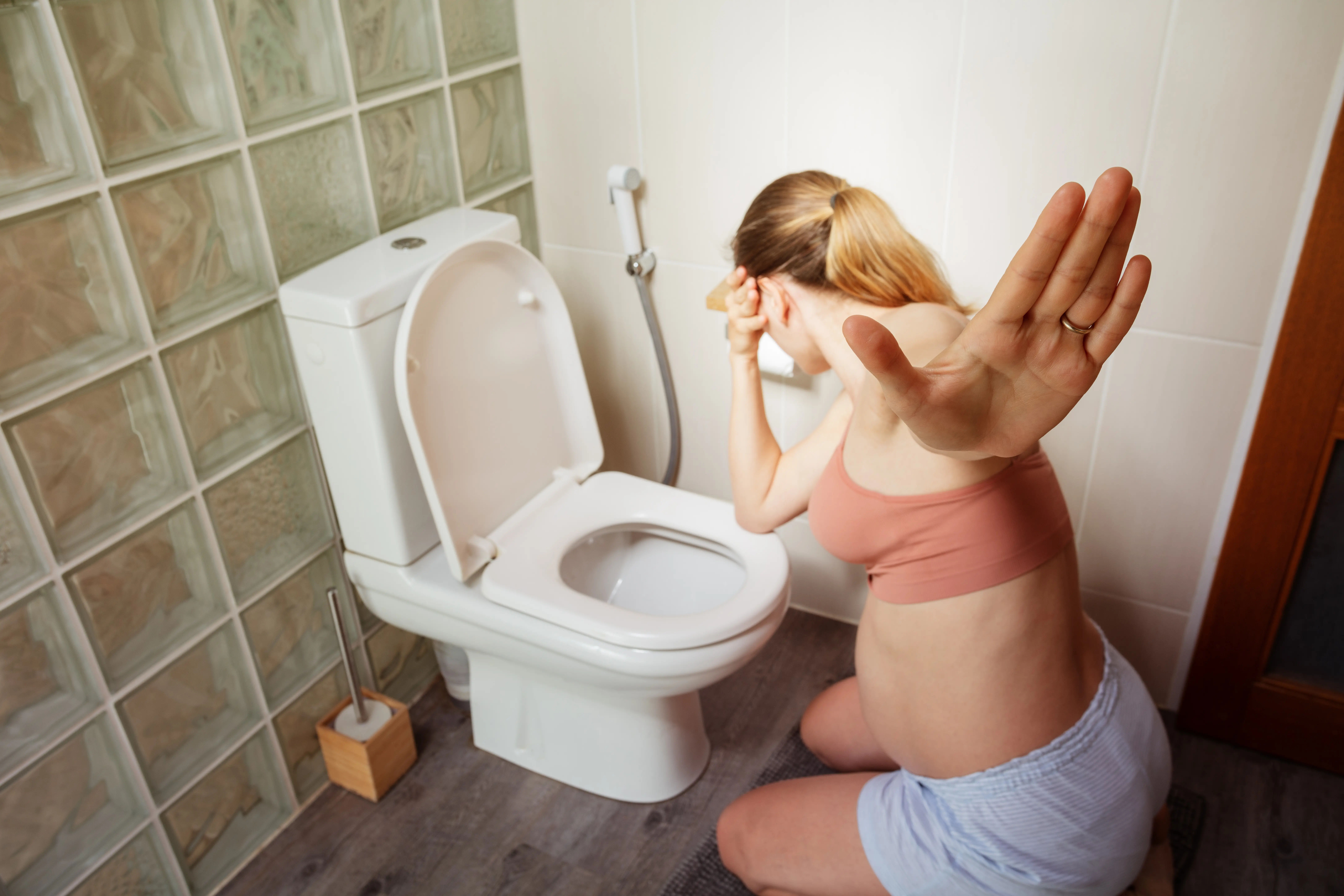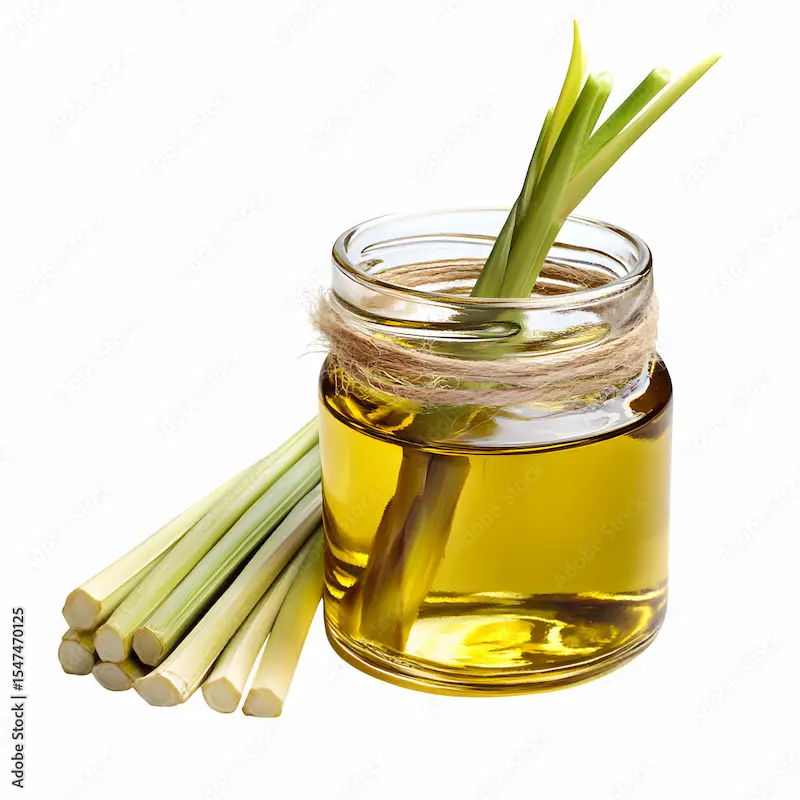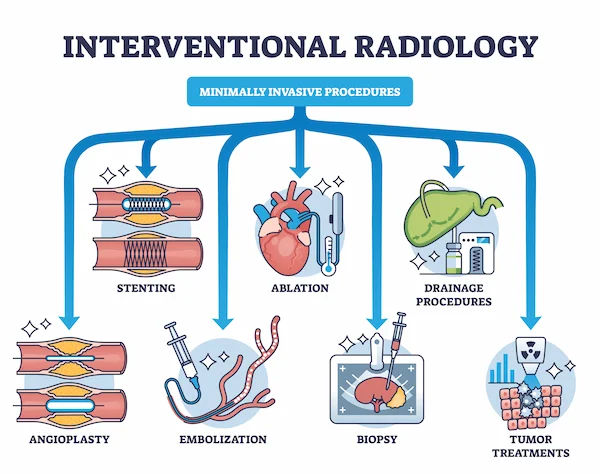Foods to Avoid During Filariasis Treatment
Discover which foods to avoid during filariasis treatment to reduce swelling, boost immunity, and support faster recovery. Includes dietary tips and healthy alternatives.


Filariasis is a parasitic infection caused by thread-like worms transmitted through mosquito bites. While medical treatment is essential for recovery, your diet also plays a crucial role in managing symptoms and speeding up healing. Certain foods can worsen inflammation, weaken immunity, or interfere with medications, making recovery slower.
In this article, we’ll discuss the foods you should avoid during filariasis treatment and suggest healthier alternatives to support your healing journey.
Why Diet Matters During Filariasis Treatment
Filariasis often leads to symptoms like swelling (lymphedema), fever, fatigue, and pain. A well-balanced diet helps:
- Strengthen your immune system
- Reduce inflammation
- Support liver function (as medications can be harsh on the liver)
- Prevent complications like secondary infections
Avoiding certain foods ensures that your body heals faster and responds better to treatment.
Foods to Avoid During Filariasis Treatment
1. High-Sodium Foods
Excess salt can worsen swelling (edema) by causing water retention. Avoid:
- Processed snacks (chips, salted nuts)
- Pickles and canned foods
- Fast food (burgers, fries, pizzas)
- Soy sauce and packaged soups
What to eat instead: Fresh fruits, vegetables, and homemade meals with minimal salt.
2. Sugary Foods and Drinks
Sugar weakens immunity and promotes inflammation. Avoid:
- Sodas, packaged juices
- Sweets, candies, pastries
- Ice cream and sugary cereals
What to eat instead: Natural sweeteners like honey (in moderation) or fruits like apples and berries.
3. Fried and Fatty Foods
Greasy foods increase inflammation and slow digestion, making it harder for your body to absorb nutrients. Avoid:
- Deep-fried snacks (pakoras, samosas)
- Butter, ghee (use sparingly)
- Fatty cuts of meat
What to eat instead: Grilled, steamed, or baked foods with healthy fats like olive oil or nuts.
4. Alcohol and Caffeine
Alcohol can interfere with medications and weaken immunity. Caffeine (in excess) may dehydrate you. Avoid:
- Beer, wine, spirits
- Too much coffee or energy drinks
Consult Top Dietitians
What to drink instead: Herbal teas, coconut water, or plain water with lemon.
5. Spicy and Processed Foods
Spicy foods may irritate digestion, while processed foods contain preservatives that burden the liver. Avoid:
- Hot sauces, excessive chili
- Instant noodles, ready-to-eat meals
- Processed meats (sausages, bacon)
What to eat instead: Mildly spiced home-cooked meals with fresh ingredients.
6. Dairy (For Some People)
If you experience bloating or mucus buildup, reduce dairy intake. Avoid:
- Full-fat milk, cheese, cream
What to eat instead: Almond milk, yoghurt (probiotic-rich), or small amounts of low-fat dairy.
7. Raw or Undercooked Foods
Weak immunity makes you more prone to infections. Avoid:
- Raw seafood (sushi)
- Undercooked eggs or meat
What to eat instead: Well-cooked meals to prevent bacterial infections.
Foods That Help in Recovery
While avoiding harmful foods, include these healing options:
- Fruits & Vegetables (rich in antioxidants): Papaya, oranges, spinach, carrots
- Lean Proteins: Eggs, fish, lentils, chicken (boosts immunity)
- Whole Grains: Brown rice, oats (for energy without inflammation)
- Hydrating Fluids: Coconut water, herbal teas, lemon water
Lifestyle Tips for Faster Recovery
- Stay Hydrated: Helps flush out toxins.
- Gentle Exercise: Improves lymphatic drainage (consult a doctor).
- Proper Hygiene: Prevents secondary infections in swollen areas.
- Follow Medication Schedule: Don’t skip doses.
When to Seek Medical Help?
If swelling worsens, fever persists, or you notice skin infections, consult a doctor immediately.
Need expert advice?
Book a consultation with an Apollo24|7 specialist for personalised guidance on filariasis treatment and diet.
Final Thoughts
Filariasis recovery depends on both medication and a healthy diet. Avoiding harmful foods reduces complications and speeds up healing. Stick to fresh, balanced meals and stay consistent with your treatment plan.
Consult Top Dietitians
Consult Top Dietitians

Ms. Sreeparna Dey Dhara Deb
Dietician
10 Years • DNHE
Bansdroni
Siddhita Healthcare., Bansdroni

Ms. Suhita Sinha
Dietician
8 Years • BSC Food & Nutrition
Kolkata
Chikitsa Medicare Centre Pvt. Ltd.Sattelite Centre Behala Chowrasta, Kolkata

Ms. Preeti Lata Mohanty
Dietician
2 Years • Msc in Food science and Nutrition
Bengaluru
Apollo Medical Center, Marathahalli, Bengaluru
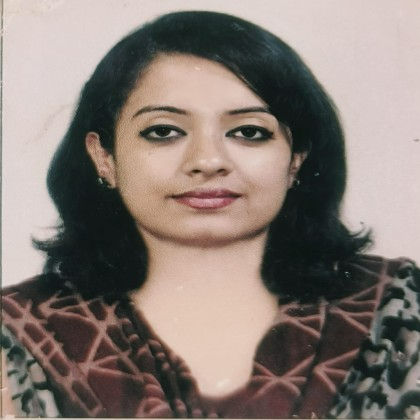
Ms. Soma Saha
clinical nutrition
17 Years • B.Sc. - Home Science (Food & Nutrition), M.Sc. - Home Science (Food & Nutrition)
Kolkata
Dr Utsa Basu Clinic, Kolkata
(50+ Patients)
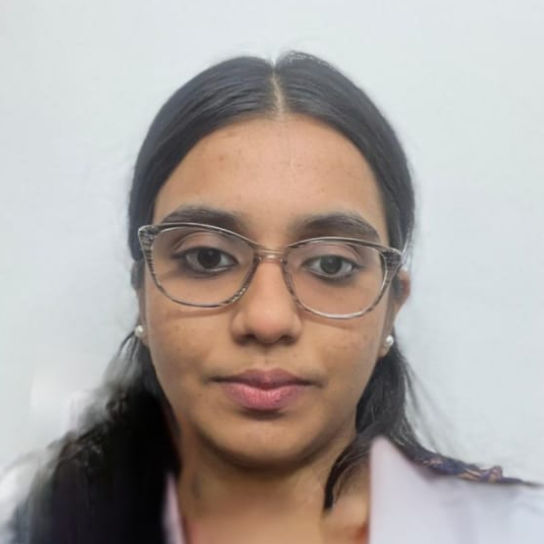
Miss. Hafsana Fathima M
Dietician
4 Years • Msc food and nutrition
Bengaluru
Apollo Clinic, JP nagar, Bengaluru
Consult Top Dietitians

Ms. Sreeparna Dey Dhara Deb
Dietician
10 Years • DNHE
Bansdroni
Siddhita Healthcare., Bansdroni

Ms. Suhita Sinha
Dietician
8 Years • BSC Food & Nutrition
Kolkata
Chikitsa Medicare Centre Pvt. Ltd.Sattelite Centre Behala Chowrasta, Kolkata

Ms. Preeti Lata Mohanty
Dietician
2 Years • Msc in Food science and Nutrition
Bengaluru
Apollo Medical Center, Marathahalli, Bengaluru

Ms. Soma Saha
clinical nutrition
17 Years • B.Sc. - Home Science (Food & Nutrition), M.Sc. - Home Science (Food & Nutrition)
Kolkata
Dr Utsa Basu Clinic, Kolkata
(50+ Patients)

Miss. Hafsana Fathima M
Dietician
4 Years • Msc food and nutrition
Bengaluru
Apollo Clinic, JP nagar, Bengaluru
